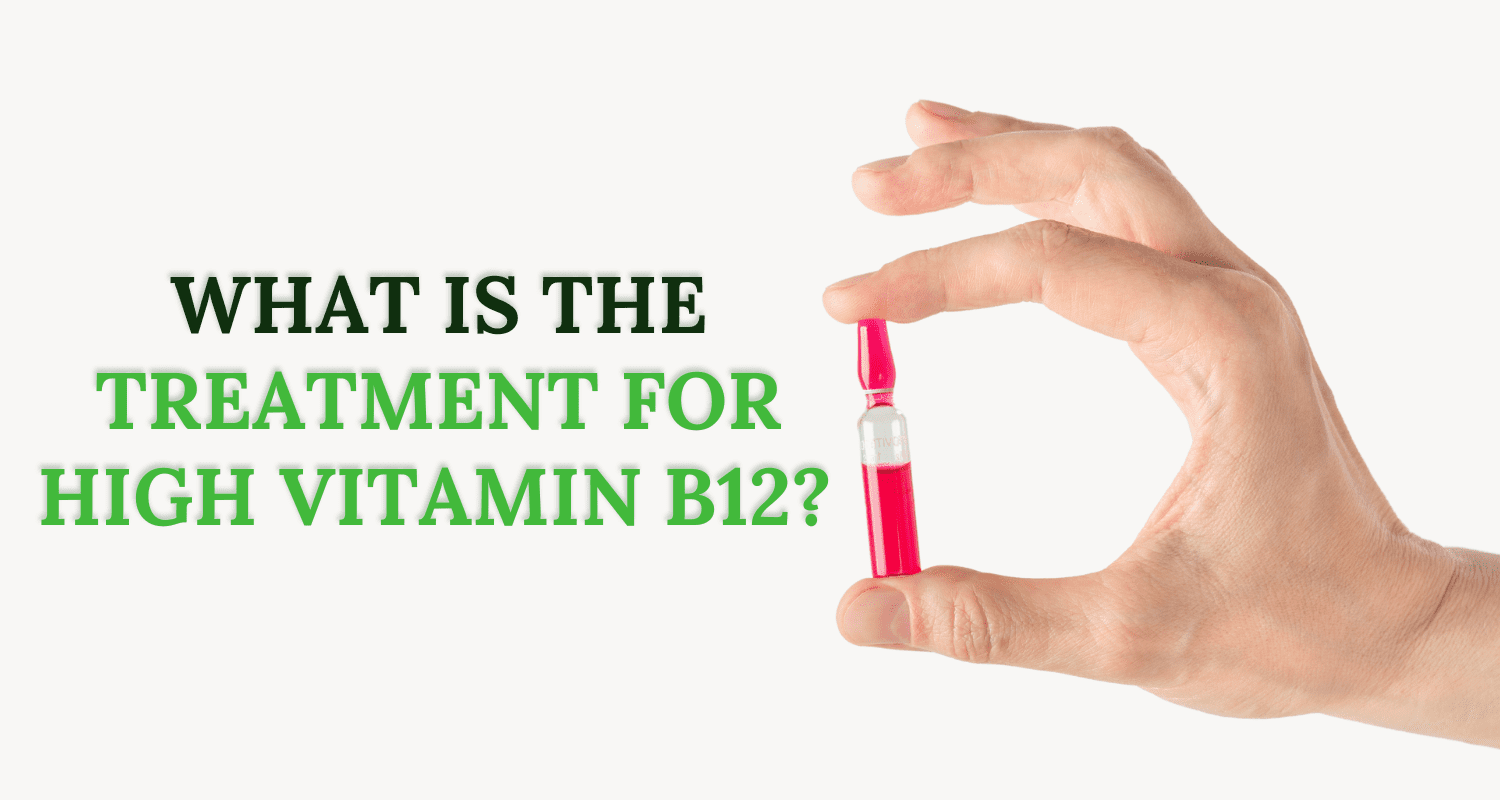Did you know that nearly 1 billion people worldwide are deficient in Vitamin D?
Vitamin D is an essential nutrient that plays a crucial role in maintaining overall health.
It is responsible for regulating calcium and phosphate levels, promoting bone and teeth health, and supporting immune function.
However, there is often confusion surrounding the terms “Vitamin D and D3 comparison.”
Are they the same thing or different?
In this article, we will delve: Is vitamin D and vitamin D3 the same thing? We’ll also explore their functions in the body, and uncover the potential benefits or drawbacks of each.
By the end, you will have a clear understanding of whether Vitamin D and Vitamin D3 are indeed the same thing.
Let’s dive in and explore: Is vitamin D and vitamin D3 the same thing?
Key Takeaways:
- Vitamin D deficiency is prevalent worldwide, affecting nearly 1 billion people.
- Vitamin D plays a crucial role in maintaining overall health.
- There is confusion surrounding the terms “Vitamin D” and “Vitamin D3.” Is vitamin D and vitamin D3 the same thing?
- In this article, we will explore the difference between Vitamin D and Vitamin D3.
- By the end, you will have a comprehensive understanding of their relationship and understand: Is vitamin D and vitamin D3 the same thing? As well as vitamin D or D3 which is better with their impact on your health.
Understanding Vitamin D
In this section, we will delve into the specifics of Vitamin D, its sources, and its functions in the body.
We’ll also compare Vitamin D to Vitamin D3 and examine the potential benefits or drawbacks of each.
What is Vitamin D?
Vitamin D is a fat-soluble vitamin that plays a crucial role in various bodily functions.
It is primarily responsible for regulating calcium absorption and promoting bone health.
Additionally, Vitamin D is involved in immune function, muscle function, and cell growth.
Sources of Vitamin D
Our bodies have the ability to produce Vitamin D when exposed to sunlight.
However, it can also be obtained through certain food sources, including fatty fish like salmon and mackerel, fortified dairy products, and egg yolks. Some individuals may also opt for Vitamin D supplements.
Vitamin D versus Vitamin D3
Vitamin D and Vitamin D3 are often used interchangeably, but they are not exactly the same.
Vitamin D refers to two forms: Vitamin D2 (ergocalciferol) and Vitamin D3 (cholecalciferol). The main difference lies in their sources and how they are synthesized.
Vitamin D2 is primarily derived from plant-based sources, such as mushrooms exposed to ultraviolet (UV) light.
On the other hand, Vitamin D3 is mainly synthesized in our skin when exposed to sunlight.
Comparison and Benefits
When it comes to comparing Vitamin D and Vitamin D3, both forms are converted into the active hormone in the body, which has the same physiological effects.
However, studies suggest that Vitamin D3 may be more effective at raising blood levels of Vitamin D and maintaining them over time.
- Vitamin D3 is considered more bioavailable, meaning it is easier for the body to absorb and utilize effectively.
- Vitamin D3 has a longer half-life, meaning that it remains in the bloodstream for a longer duration.
- Vitamin D3 has been associated with a reduced risk of certain health conditions, including osteoporosis, cardiovascular diseases, and certain types of cancers.
Exploring Vitamin D3
In this section, we’ll delve into the unique characteristics of Vitamin D3.
By understanding its role in the body and how it differs from Vitamin D, we can gain valuable insights into their relationship.
- Vitamin D compared to Vitamin D3: While they are both forms of Vitamin D, Vitamin D3 is a specific type that is naturally produced in the skin when exposed to sunlight. Vitamin D, on the other hand, can refer to both Vitamin D2 (ergocalciferol) and Vitamin D3 (cholecalciferol).
- Similarities: Vitamin D and D3 share similarities in terms of their basic structure and functions. They both play crucial roles in maintaining calcium and phosphorus levels in the body, promoting bone health, and supporting immune function.
- Distinctions: One of the main distinctions between Vitamin D and D3 lies in their sources. Vitamin D2 is primarily found in plants and is commonly used in food fortification, while Vitamin D3 is largely derived from animal sources, such as fatty fish and eggs.
The Role of Vitamin D3
Vitamin D3 plays a crucial role in numerous functions within the body.
It aids in the absorption of calcium and phosphorus from the intestine and helps regulate their levels in the blood.
This, in turn, supports the growth and maintenance of healthy bones and teeth.
Additionally, Vitamin D3 is involved in modulating the immune system, reducing inflammation, and influencing cell growth and differentiation.
Vitamin D vs Vitamin D3: Which is Better?
When it comes to choosing between Vitamin D and D3 distinctions, it’s essential to consider individual needs and circumstances.
While both forms offer similar benefits, some research suggests that Vitamin D3 might be more effective in raising and maintaining optimal Vitamin D levels in the body.
However, it’s important to note that the recommended daily intake for Vitamin D is commonly provided in terms of Vitamin D, without specifying the particular form.
Overall, Vitamin D3 plays a vital role in maintaining overall health and well-being.
By understanding the similarities and distinctions between Vitamin D and D3, individuals can make informed decisions about their supplementation and ensure adequate levels of this essential nutrient.
The Differences Between Vitamin D and Vitamin D3
When it comes to Vitamin D and D3 similarities, there are several key differences that set them apart in terms of their structures, sources, and absorption in the body.
Understanding these distinctions can help us better comprehend the varying effects they may have on our health.
1. Structure
Vitamin D and Vitamin D3 have similar structures, but with slight variations.
Vitamin D3, also known as cholecalciferol, is the natural form of Vitamin D that our bodies produce when exposed to sunlight.
On the other hand, Vitamin D, also called ergocalciferol, is derived from plant sources.
2. Sources
Another notable difference lies in their sources.
Vitamin D3 is primarily found in animal products such as fatty fish, egg yolks, and dairy products.
In contrast, Vitamin D is commonly found in fortified foods, such as cereals and orange juice, as well as in supplements.
3. Absorption
When it comes to absorption in the body, Vitamin D3 is believed to be more readily absorbed and utilized compared to Vitamin D.
This is due to the fact that Vitamin D3 closely resembles the form produced naturally in our skin, making it easier for our bodies to use.
- Vitamin D3 is converted into its active form in the liver and then in the kidneys, where it becomes a hormone called calcitriol.
- Vitamin D undergoes a two-step conversion process in the body, starting in the liver and then in the kidneys, to become the active form.
Overall, while both Vitamin D and Vitamin D3 are important for maintaining good health, their differences in structure, sources, and absorption make them distinct entities.
Understanding these disparities can help individuals make informed choices regarding their Vitamin D intake and supplement choices.
Conclusion
In conclusion, Is vitamin D and vitamin D3 the same thing? Yes, it is clear that Vitamin D and Vitamin D3 are not the same thing.
While they are both forms of Vitamin D, there are notable differences between the two.
Vitamin D is a group of fat-soluble secosteroids, including D2 (ergocalciferol) and D3 (cholecalciferol), that plays a crucial role in various bodily functions.
It can be obtained through exposure to sunlight and certain foods like fatty fish and fortified dairy products.
On the other hand, is vitamin D and vitamin D3 the same thing, Vitamin D3 is a specific type of Vitamin D that is primarily synthesized in the skin when exposed to sunlight. It is also found in some animal-based food sources.
The key distinction between Vitamin D and Vitamin D3 lies in their structures and sources.
When it comes to health benefits, both Vitamin D and Vitamin D3 are important for maintaining optimal bone health, supporting immune function, and promoting overall wellbeing.
However, for individuals looking to supplement their Vitamin D intake or address specific health concerns, it is advisable to consult with a healthcare professional to determine which form of Vitamin D is more suitable.
FAQs
Is vitamin D and vitamin D3 the same thing?
No, they are not the same. Vitamin D is a group of fat-soluble secosteroids, while vitamin D3 specifically refers to cholecalciferol, one of the forms of vitamin D.
Which is better to take, vitamin D or D3?
Vitamin D3 is generally considered more effective because it is the form synthesized by the body in response to sunlight. It tends to raise blood levels of vitamin D more effectively than other forms.
Is vitamin D3 and vitamin D the same?
No, while both are forms of vitamin D, vitamin D3 (cholecalciferol) is a specific type of vitamin D, whereas vitamin D encompasses a group of fat-soluble secosteroids.
Can I take vitamin D3 if I need vitamin D?
Yes, you can take vitamin D3 supplements if you need to increase your vitamin D levels, as it is one of the most effective forms of vitamin D supplementation.
Why do doctors prescribe vitamin D instead of D3?
Doctors often prescribe vitamin D because it is a broader term that includes different forms of the vitamin. However, in many cases, they may specifically recommend vitamin D3 due to its effectiveness in raising blood levels.
Is it OK to take vitamin D3 every day?
It is generally safe to take vitamin D3 supplements daily, especially if you have a deficiency or do not get enough sunlight exposure. However, it’s essential to follow recommended dosage guidelines.
Who should not take vitamin D3?
Individuals with certain medical conditions, such as hypercalcemia or kidney stones, should avoid high doses of vitamin D3 without medical supervision. Additionally, those allergic to vitamin D or with specific medical conditions should consult a healthcare professional before taking supplements.
Disclaimer: This content, including advice, provides generic information only. It is not a substitute for a qualified medical opinion. Always consult a specialist or your doctor for more information. Nutrition Cult does not claim responsibility for this information.




